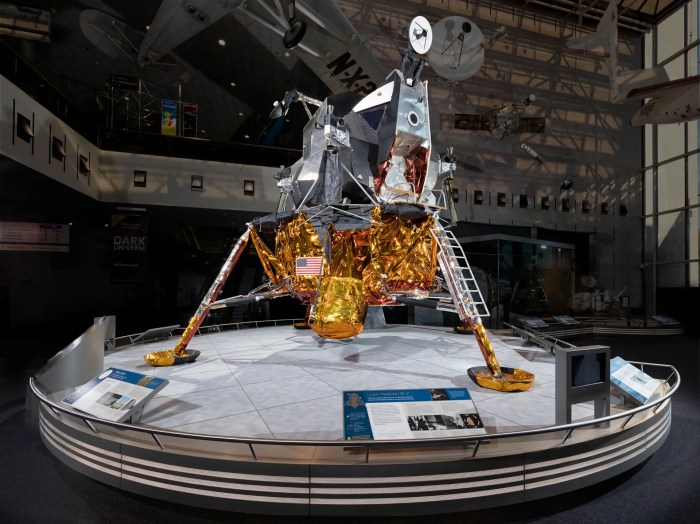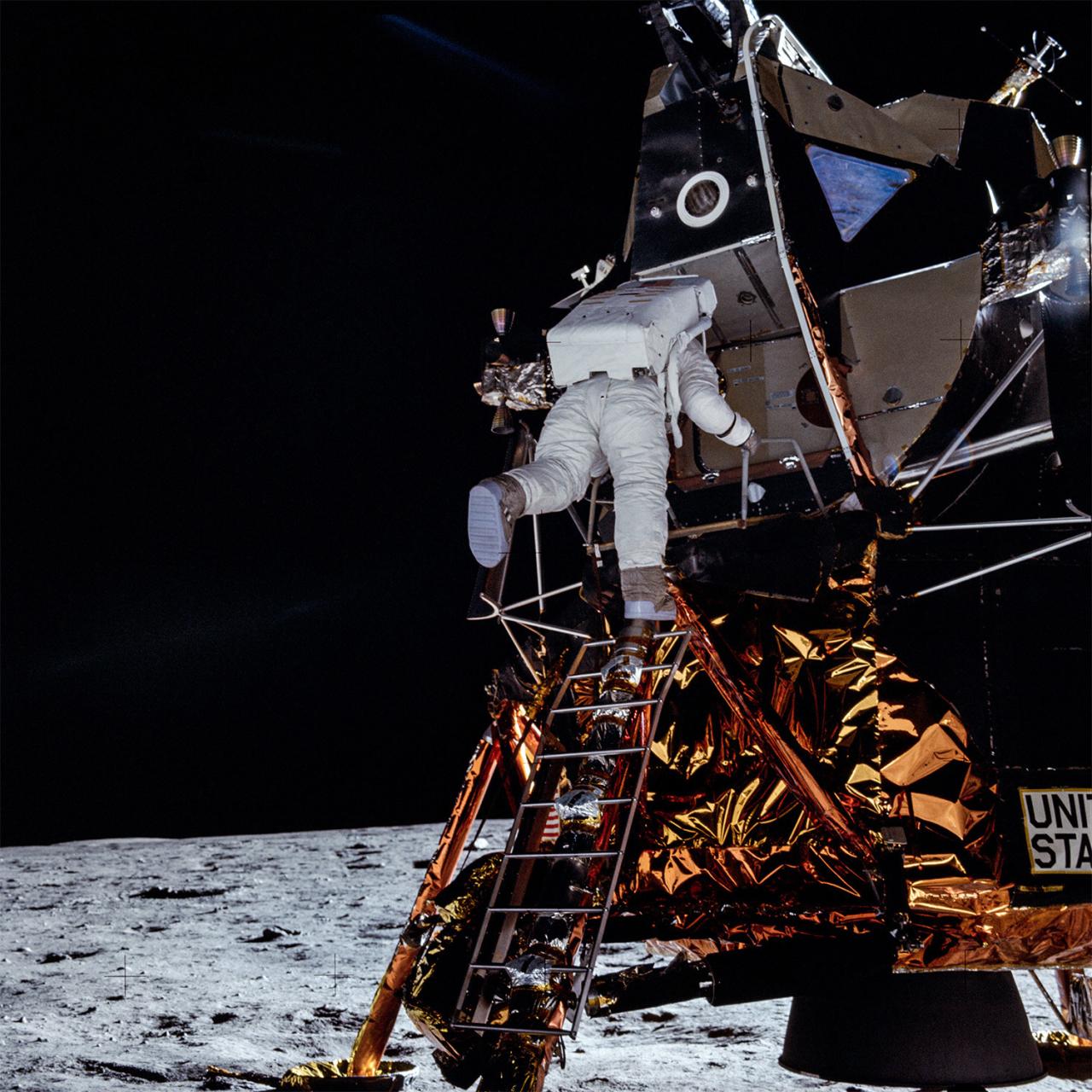As “god who helped the trojans crossword” takes center stage, this opening passage beckons readers into a world crafted with historical accuracy and mythological intrigue, ensuring a reading experience that is both absorbing and distinctly original.
The Trojan War, a pivotal conflict in Greek mythology, witnessed the gods taking sides and actively influencing its outcome. Among them, one deity stood out as the divine benefactor of the Trojans, shaping the war’s trajectory and leaving an enduring legacy in literature and culture.
Historical Context

The Trojan War was a legendary conflict fought between the Greeks and the Trojans, as narrated in the Greek epic poems the Iliad and the Odyssey. The war was sparked by the abduction of Helen, wife of the Greek king Menelaus, by the Trojan prince Paris.
The Greeks, led by Agamemnon, besieged the city of Troy for ten years, ultimately sacking it and killing most of its inhabitants.
The Trojan War was a significant event in Greek mythology, and it has been the subject of countless works of art and literature. The war is often seen as a metaphor for the struggle between good and evil, and it has been used to explore themes such as love, loss, and the futility of war.
The Involvement of the Gods
The gods played a major role in the Trojan War. They took sides in the conflict, and they intervened directly in the fighting. Zeus, the king of the gods, supported the Trojans, while Athena, the goddess of war, supported the Greeks.
Other gods, such as Poseidon, Hera, and Ares, also played a role in the war.
The involvement of the gods in the Trojan War added an element of unpredictability to the conflict. The gods could change the course of the war at any moment, and they could make it difficult for the mortals to achieve their goals.
The Significance of the Trojans
The Trojans were a powerful and prosperous people who lived in the city of Troy. They were led by King Priam, and they were known for their wealth and their military prowess.
The Trojans were also known for their culture and their religion. They were skilled in the arts, and they had a deep reverence for their gods. The Trojans were also a proud people, and they were determined to defend their city against the Greek invaders.
Divine Intervention

In the Trojan War, the gods played a significant role in influencing the outcome of the conflict. Among them, one deity emerged as a prominent supporter of the Trojans: Aphrodite, the goddess of beauty and love.
Aphrodite’s Support for the Trojans
Aphrodite’s support for the Trojans stemmed from her desire to protect her son, Aeneas, who was a Trojan prince. Additionally, she held a grudge against the Greeks, particularly Menelaus, who had previously rejected her advances.
Impact on the War
Aphrodite’s intervention had a profound impact on the war. She manipulated events to favor the Trojans, such as:
- Saving Aeneas from certain death on multiple occasions
- Inspiring Helen to fall in love with Paris, leading to the outbreak of the war
- Influencing the outcome of battles through her powers of persuasion and seduction
Ultimately, Aphrodite’s support contributed to the Trojans’ resilience and prolonged the conflict, making the siege of Troy a protracted and bloody affair.
Character Analysis: God Who Helped The Trojans Crossword

The god who aided the Trojans in the Trojan War is Apollo, the deity of music, poetry, prophecy, healing, and the sun. His multifaceted nature significantly impacted the conflict’s course.
Motivations
- Apollo’s support for the Trojans stemmed primarily from his allegiance to his mother, Leto, and his sister, Artemis, who were both worshipped in Troy.
- He also held a grudge against the Greeks, particularly Agamemnon, for not showing proper respect to his temple at Chryse.
Strengths
- Apollo possessed immense power and versatility, capable of unleashing devastating arrows and healing wounds with equal ease.
- His prophetic abilities allowed him to foresee the outcome of the war, giving him an advantage in advising the Trojans.
- Apollo’s patronage of music and poetry inspired the Trojans and bolstered their morale during the conflict.
Weaknesses, God who helped the trojans crossword
- Despite his formidable abilities, Apollo’s hubris and overconfidence sometimes led him to underestimate his opponents.
- His allegiance to the Trojans often blinded him to their flaws and mistakes, hindering his ability to provide impartial advice.
- Apollo’s susceptibility to manipulation by other gods, such as Zeus and Hera, occasionally compromised his influence on the war’s outcome.
Relationship with the Trojans
Apollo served as a guardian and protector to the Trojans, intervening on their behalf in crucial moments. He guided their arrows, healed their wounds, and inspired their spirits. His unwavering support earned him deep reverence and loyalty from the Trojan people.
Relationship with Other Gods
Apollo’s relationship with other gods was complex and often strained. He maintained close ties with his mother and sister but clashed frequently with Zeus, the king of the gods, and Hera, the queen. His rivalry with Hermes, the messenger god, also played a role in shaping his actions during the war.
Literary Representations

The god’s intervention in the Trojan War is a prominent theme in ancient Greek literature, particularly in Homer’s Iliad. These literary representations provide valuable insights into the god’s role and its significance for understanding the conflict.
Homer’s Iliadportrays the god as an active participant in the war, intervening on both sides at different times. The god’s interventions are often depicted as decisive, turning the tide of battle and shaping the outcome of key events.
Divine Favor
The god’s favor is often bestowed upon heroes who demonstrate courage, piety, and other virtues. In the Iliad, the god aids the Trojan hero Hector in several battles, recognizing his valor and determination.
Divine Punishment
Conversely, the god’s wrath can be incurred by those who defy him or commit offenses against his sacred laws. In the Iliad, the god punishes the Greek hero Agamemnon for his arrogance and mistreatment of the priest Chryses.
Divine Intervention as a Literary Device
Beyond its narrative function, the god’s intervention in the Iliadserves as a literary device that enhances the epic’s themes and characters. The god’s actions highlight the limitations of human agency and the ultimate power of the divine.
Archaeological Evidence

Archaeological excavations have unearthed several artifacts that suggest the possibility of divine intervention during the Trojan War. These artifacts include religious objects, fortifications, and remnants of rituals that hint at the involvement of supernatural forces.
One significant find is the discovery of a large temple complex in Troy, dedicated to the goddess Athena. The temple contained numerous votive offerings, including bronze statuettes, pottery, and jewelry. These offerings suggest that the Trojans believed in divine protection and sought the favor of the gods during the war.
Significance
The archaeological evidence provides tangible support for the belief that the Trojans believed in divine intervention during the war. It suggests that religious practices played a significant role in the conflict, and that the Trojans sought supernatural assistance to achieve victory.
Challenges
However, interpreting archaeological evidence in the context of divine intervention presents several challenges. One challenge is the difficulty in distinguishing between religious practices and other cultural activities. Additionally, the passage of time and the fragmentary nature of archaeological evidence can make it difficult to draw definitive conclusions about the specific role of gods in the conflict.
User Queries
Who was the god who helped the Trojans?
Apollo, the god of prophecy, music, and healing, was the primary divine ally of the Trojans.
Why did Apollo support the Trojans?
Apollo’s support stemmed from his close association with the Trojan royal family, particularly King Priam.
How did divine intervention impact the war’s outcome?
Apollo’s interventions, such as protecting Trojan heroes and disrupting Greek plans, played a significant role in prolonging the war and shaping its eventual outcome.